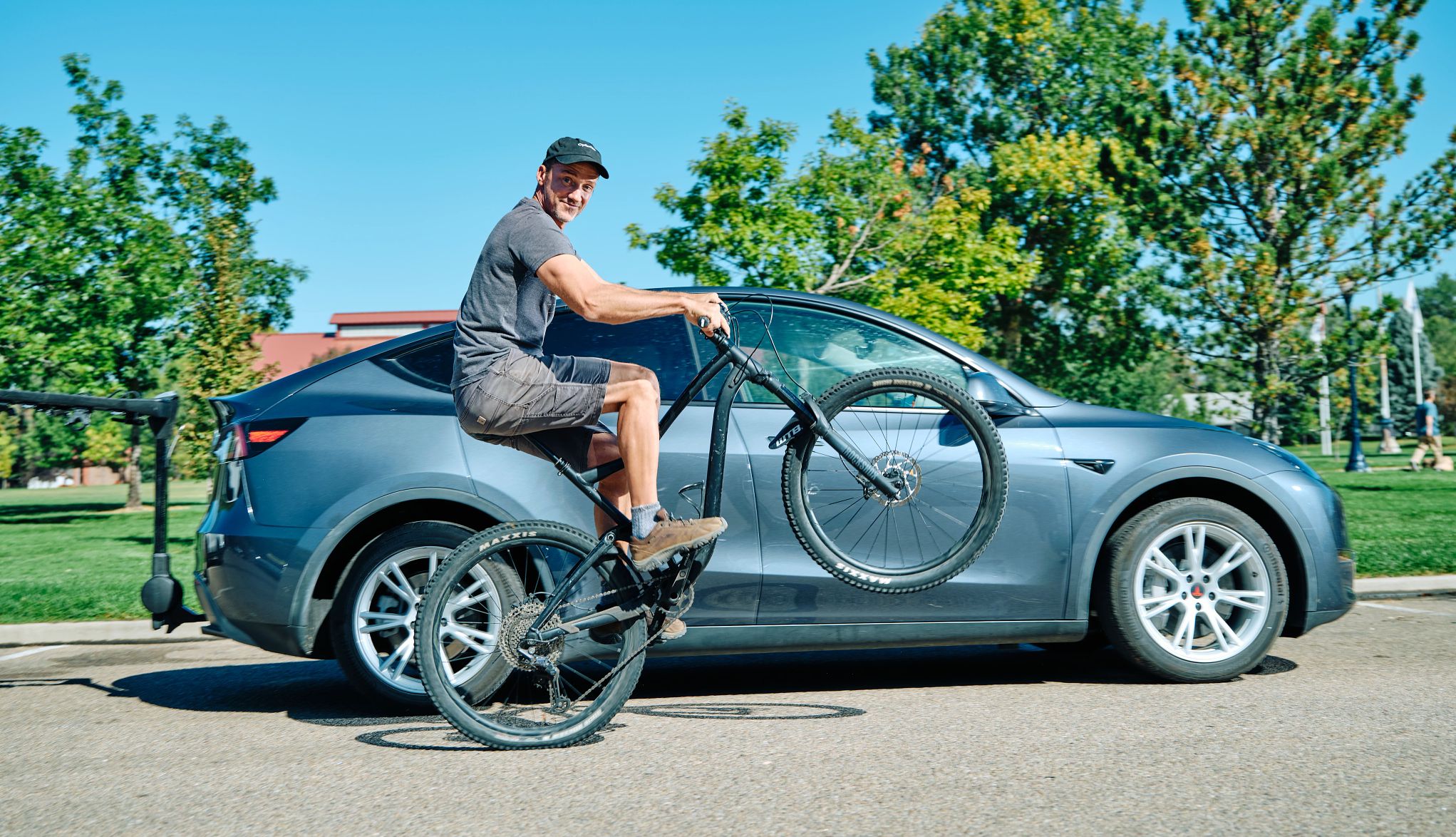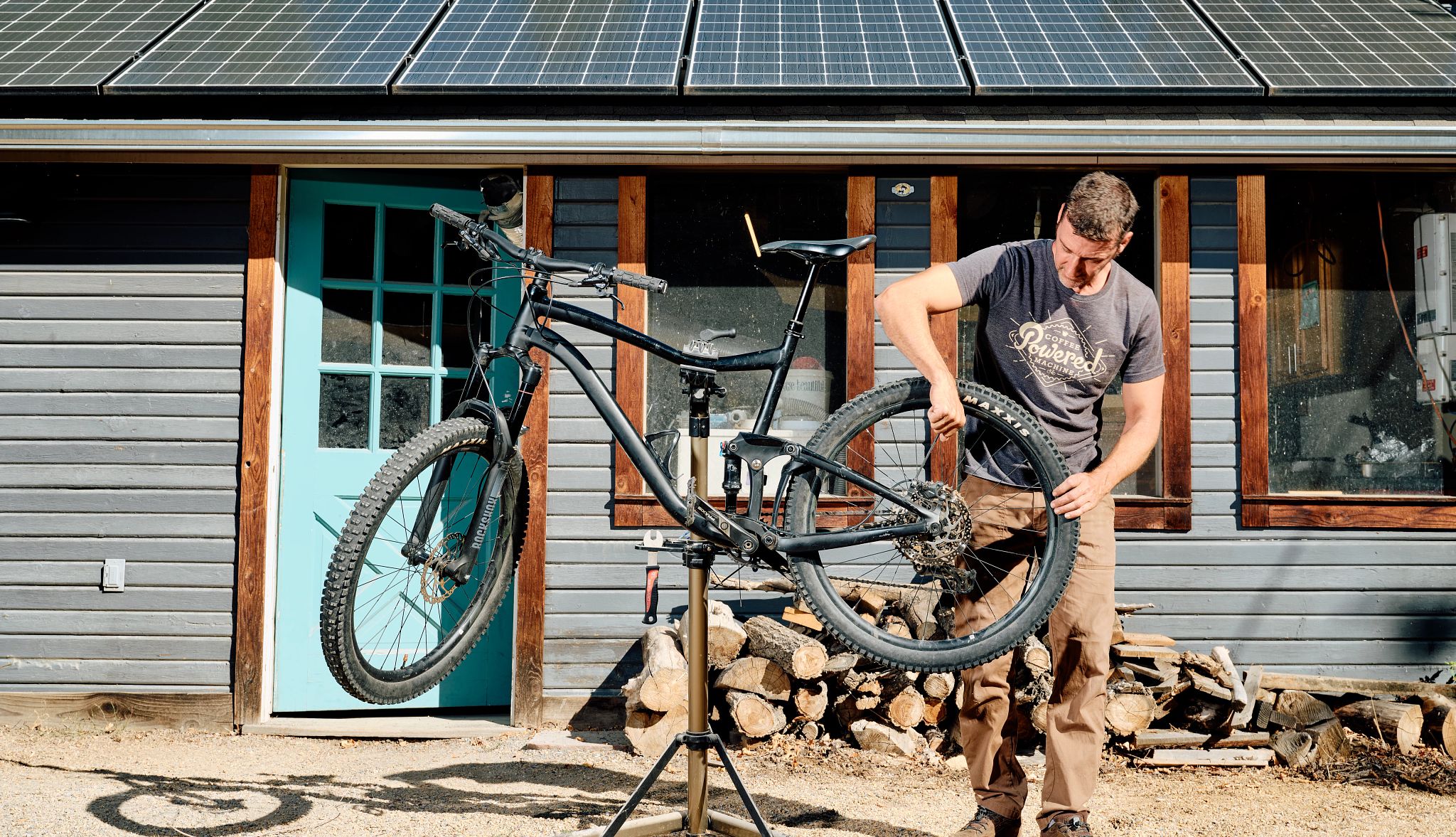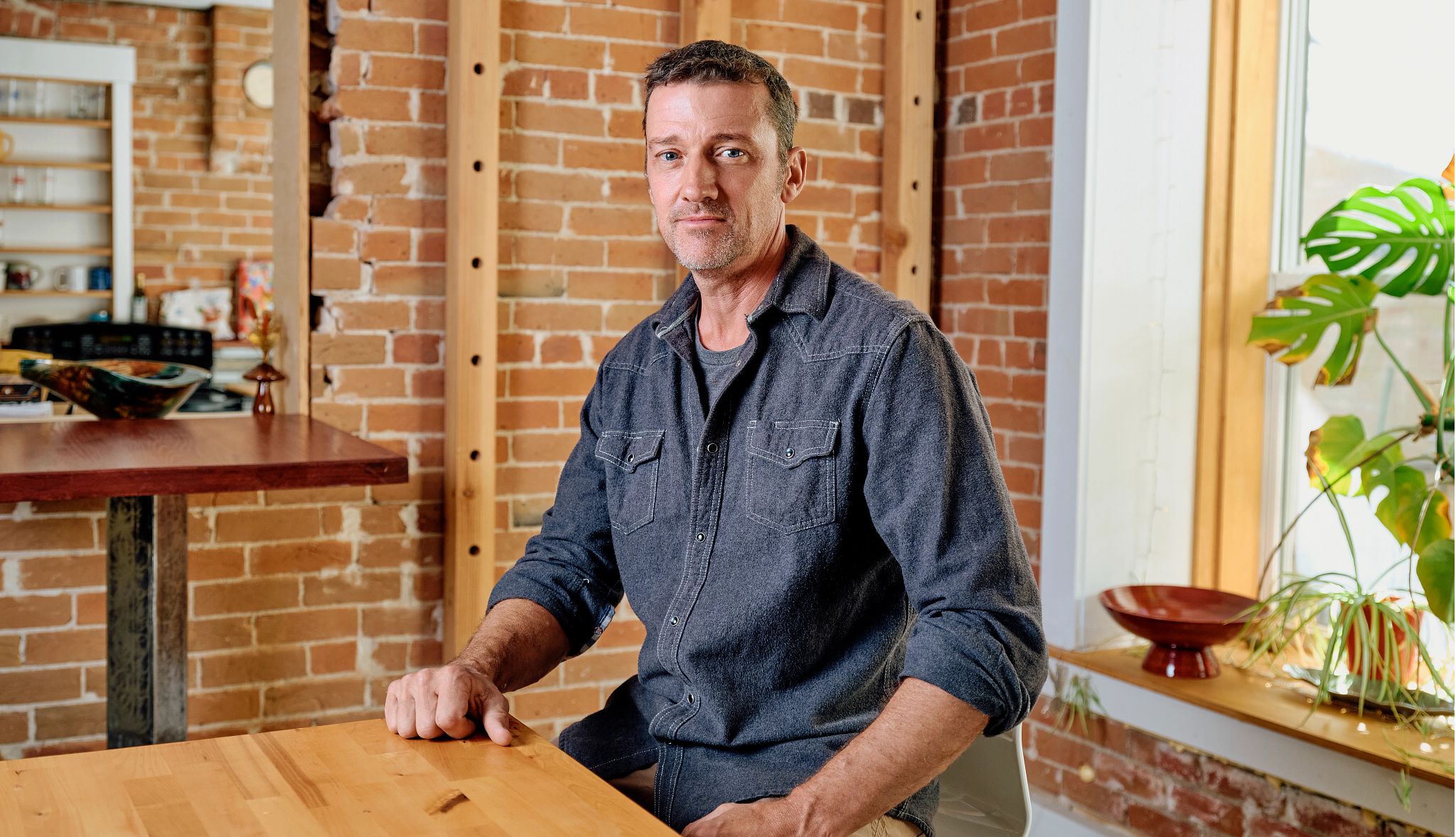AARP Hearing Center


Most Americans wait until their 60s to retire, according to the Center for Retirement Research at Boston College. Peter Adeney hung up his hat at the tender age of 30.
Since he left the workforce in 2005, the former software engineer has helped ignite the Financial Independence, Retire Early (FIRE) movement, primarily through his blog, Mr. Money Mustache. There, he offers advice on investing, spending consciously and reducing waste that he says can help people set aside 50 percent to 75 percent of their income to build an extra-long-lasting retirement nest egg.
Adeney turned 50 on Oct. 16. Ahead of that milestone, we chatted with him about how he retired so young, how others can do the same and how he’s making his savings last.
This interview has been edited for length and clarity.
Congratulations on hitting the big 5-0!
Thanks! It’s definitely feeling like a significant one. Although I don’t really feel any different than I did at 25, 50 just sounds mature. But as long as I don’t have to give up my mountain bike in favor of a golf cart, I’m fine with it.
How did you retire at such a young age?
I did it almost accidentally, through a natural engineer-style love of efficiency and an interest in finance and investing. I started accumulating some surplus savings as I went through my 20s, and then eventually realized that this money could buy me not only plenty of nice stuff but an entire lifetime of freedom as well.
What made you want to retire at 30?
My long-time girlfriend and I were preparing to get married in our late 20s and we knew we wanted to start a family. We also had pretty busy careers in the tech industry and knew that type of schedule doesn’t pair well with the demands of child-raising. So, we both set the goal of becoming financially independent before our son was born, so we’d be able to share the work — and sleep deprivation — of raising a baby together.
Some personal finance experts and bloggers have criticized the FIRE doctrine, saying that it isn’t realistic for younger people, or even older workers, to save as much as 50 to 75 percent of their paycheck.
I’ve seen these criticisms since the very beginning, but I think they are based on a misunderstanding of the principles I’m trying to teach. At the core, I’m just sharing a love of win-win efficiency and reducing waste. I share a few techniques that make your life better and healthier and happen to save a lot of money. It’s up to you what you do with that financial surplus. Although I happened to choose early retirement, you might choose something else. It doesn’t matter if you hit that 50 percent or 75 percent savings rate; the main goal is living a better life and lowering your stress levels while you’re at it. And these ideas actually work better for those with lower incomes, because they will benefit even more from every extra free dollar in their lives.

































































More From AARP
5 Features to Help You Make the Most of Your 401(k)
Automatic features, student loan match boost some plansWhy Retirees Are Carrying More and More Debt
Fed data shows sharp rise in how much older adults owe
Are You Afraid of Going Broke in Retirement?
These 8 tips can help you make your money lastRecommended for You